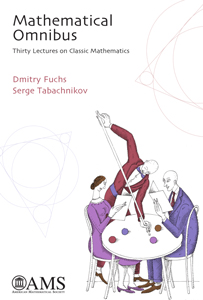I read sometimes mathematical works of others outside my undergraduate studies. I think i can not follow the understanding of the proofs of theorems sometimes. What should i do? Should i read other things connected to the proofs i read to understand the proofs?
I want to make my own theorems and proofs but i can not solve the open problems i read, although they are considered difficult from others.What should i do to make theorems and proofs? At least for them to be new and accepted from the scientific community.
Could i make my own open problems and conjectures or questions and try to prove them? If i do it, what should i read and what do most of the mathematicians do to solve them?
When reading theorems without the proofs and learning them, how will i know if a problem needs those theorems to be solved? About the proofs, how should i use what i learn from them on other possible solutions of problems?
What does someone learn from proofs?
Thank you.
